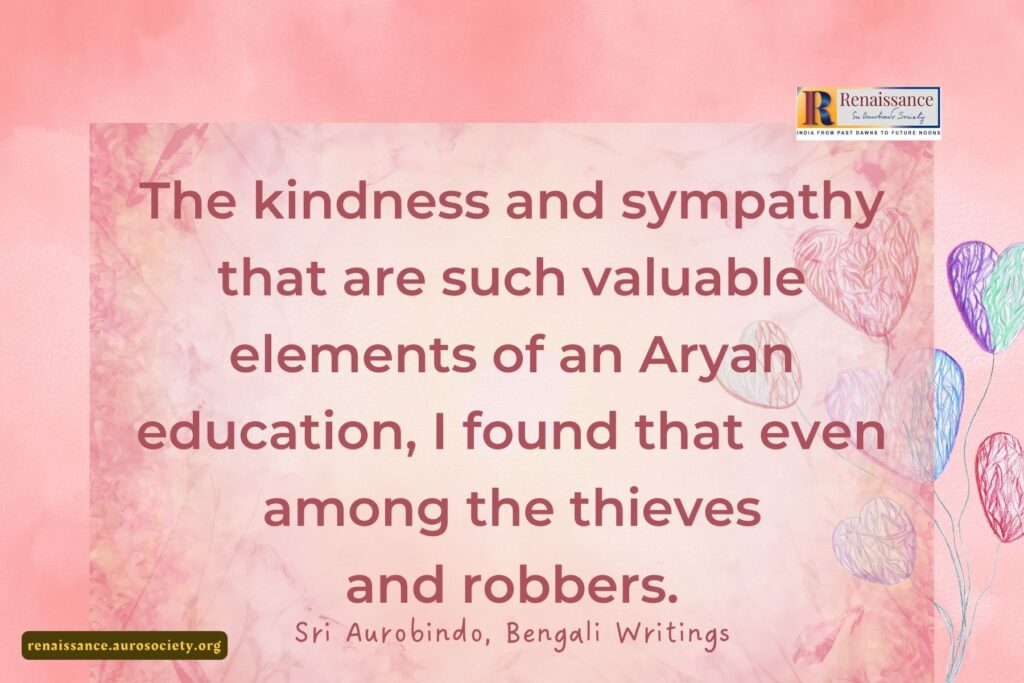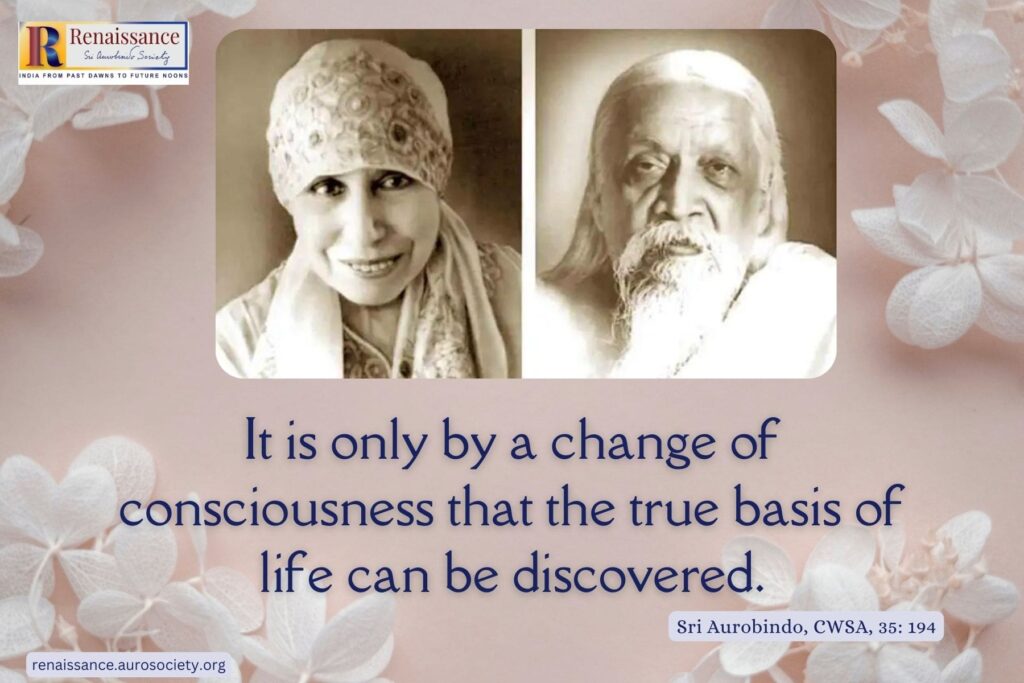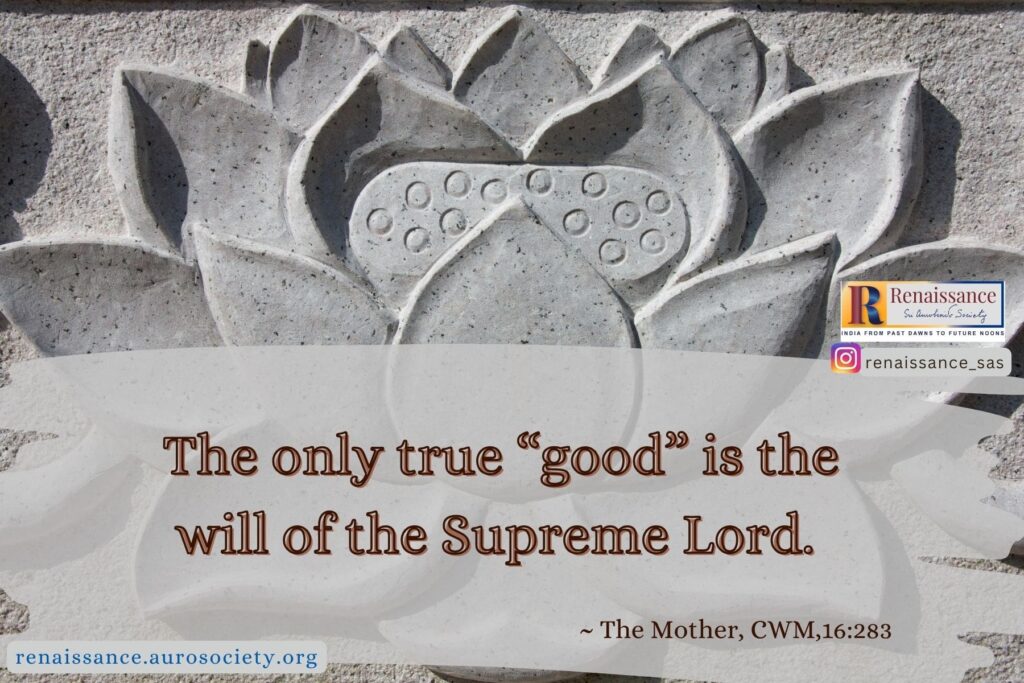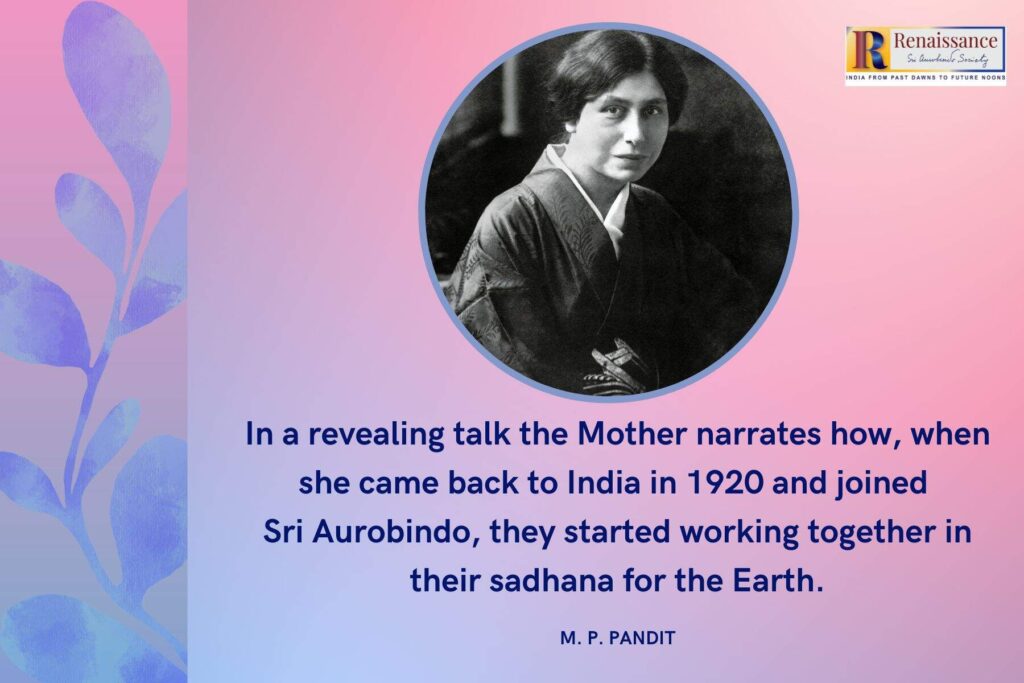“Europe is the land of enjoyment, India of sacrifice”
Sri Aurobindo writes of the kindness, generosity, self-control, charity and other noble qualities that he witnessed in the convicts in Alipore Jail.
“Europe is the land of enjoyment, India of sacrifice” Read More »









